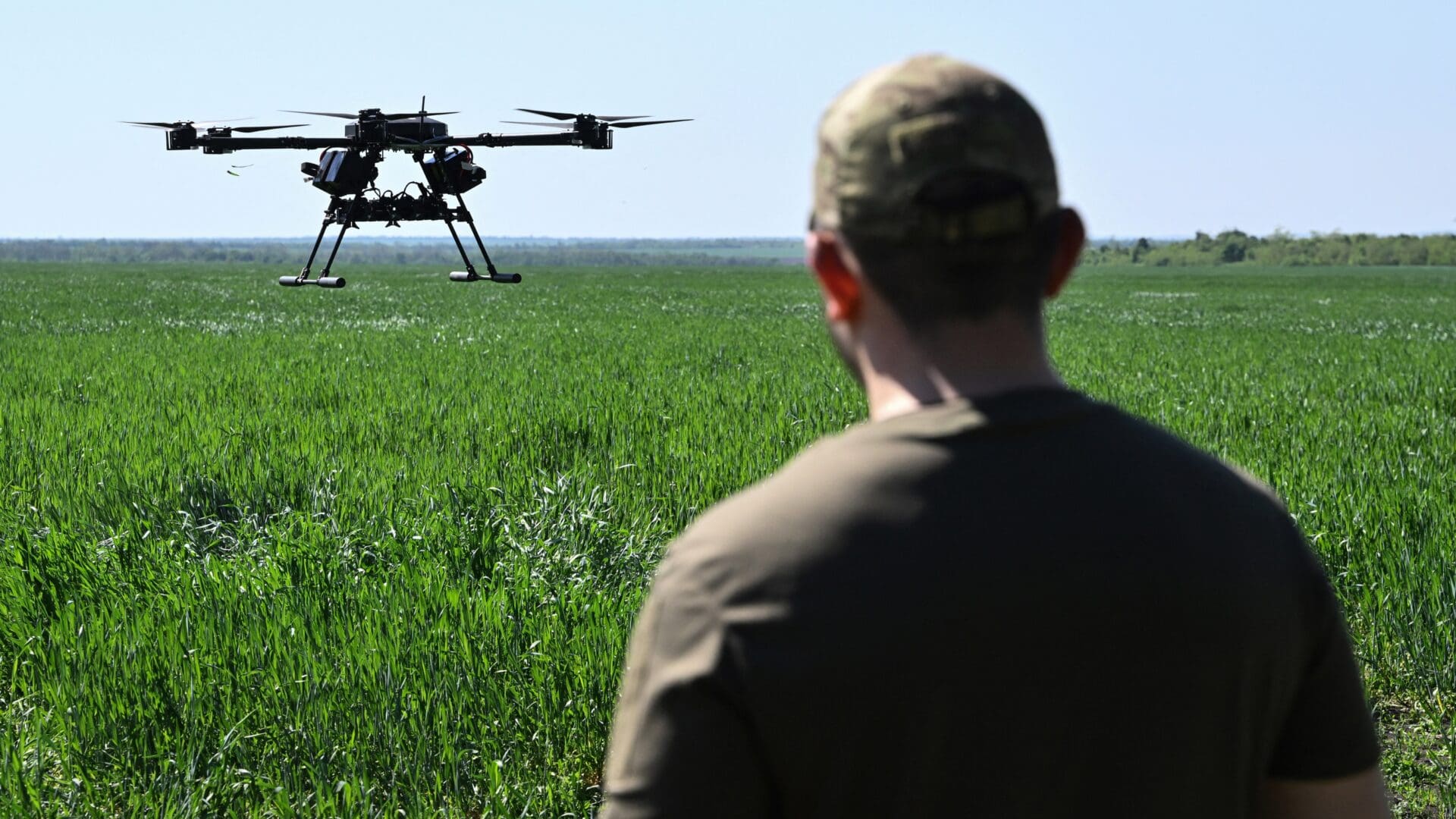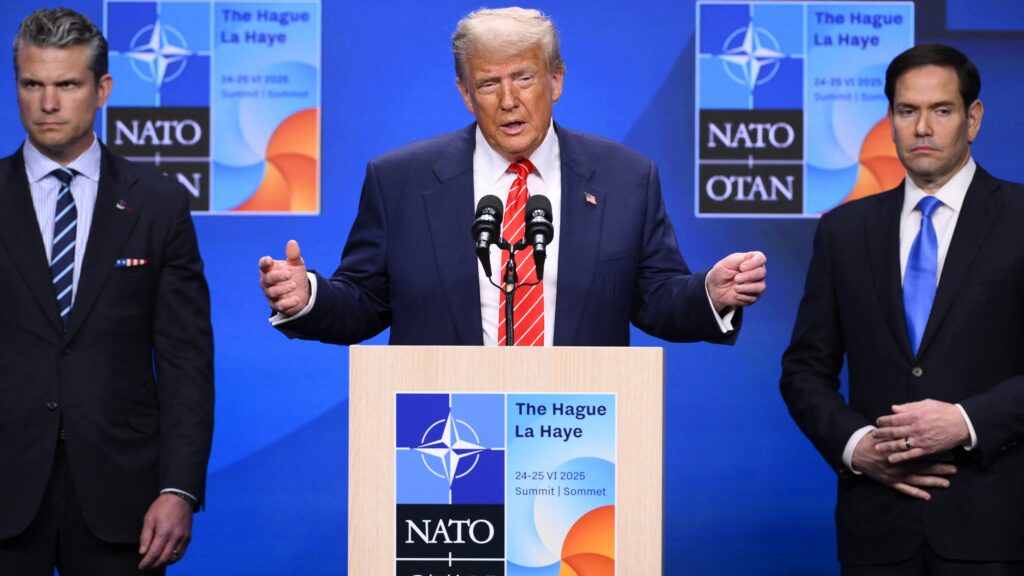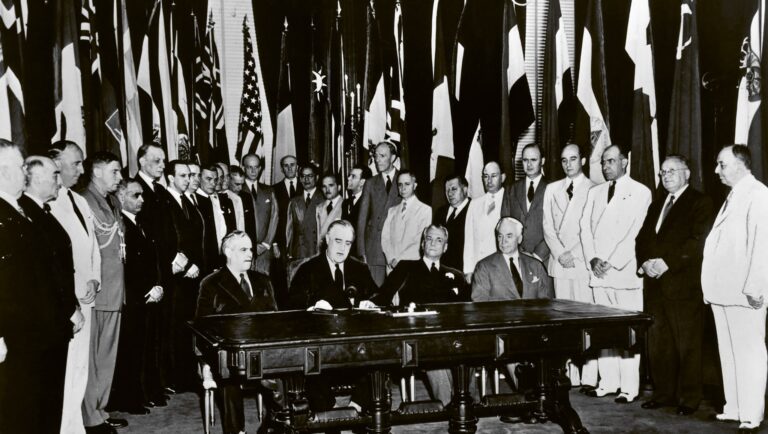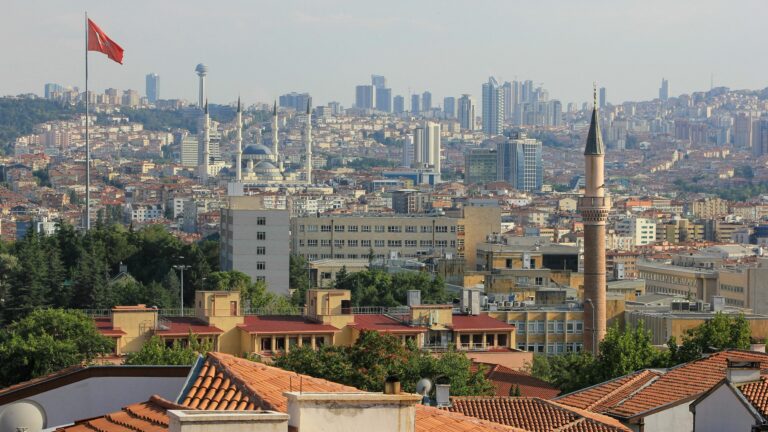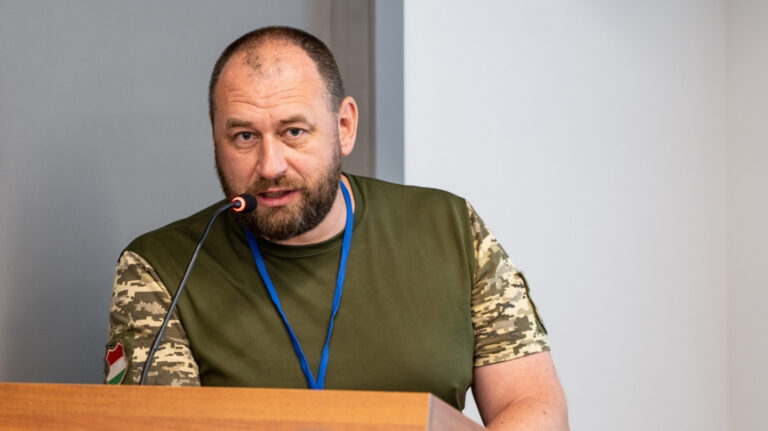According to a statement of 28 April, Kyiv notified the Council of Europe of changes to its martial law being in effect since February 2022. This, in practice, means the derogation from certain obligations undertaken by the Convention for the Protection of Human Rights and Fundamental Freedoms. The Note Verbale on the notification of partial withdrawal of derogation handed in by the Permanent Representation of Ukraine to the Council of Europe was already submitted on 4 April, but it was made public only at a later stage.
Ukrainian President Volodymyr Zelenskyy signed the decree expanding the country’s martial law on 23 April, confirming the parliament’s decision. According to the Ukrainian leadership, the new law was needed to strengthen the Ukrainian defence capacities near the occupied areas due to the assumable renewed push by Russian forces in the east and south.
The new decree also includes limitations on the consular services that Ukrainians can access abroad if their military registration documents are not updated. This regulation mainly concerns men of conscription age and could affect whether their passports and other documents can be renewed while they are abroad.
At the beginning of April, Ukraine lowered the military conscription age from 27 to 25 to replenish its military. The Verkhovna Rada passed the related regulation last year, but Zelenskyy signed it only in April 2024. The other law signed by Zelenskyy on 16 April also extends the conscription by simplifying the process of identifying all draft-eligible men in the country, many of whom have avoided conscription by staying out of contact with authorities. The law provides soldiers incentives such as cash bonuses and support for buying a house or car.
The derogation of Ukraine’s obligation under specific regulations of the Convention includes a broader range of possible violations, for instance, the inviolability of the home, secrecy of mail, telephone conversations, as well as freedom of movement, free choice of residence, the right to leave and return to the territory of Ukraine, the right to freedom of thought and speech, to freedom of expression, and the right to collect, store, use and disseminate information freely.
The Convention for the Protection of Human Rights and Fundamental Freedoms secures derogation in times of emergency under Article 15, emphasizing that
this opportunity is available only in times of war or other public emergencies threatening the life of the nation.
Only those measures derogating from the obligations of the Convention can be introduced that are strictly required. Furthermore, these measures cannot be inconsistent with other obligations under international law.[1]
Ukraine first submitted a derogation from the Human Rights Convention and the International Covenant on Civil and Political Rights in March 2022 during the state of war. Similarly, in May 2015, the Verkhovna Rada also announced the right of the authorities to waive certain international obligations regarding the protection of human rights as part of the so-called ‘antiterrorist operation’ in Donbas. The operation, announced in April 2014 by then Secretary of the National Security and Defence Council of Ukraine Oleksandr Turchynov in response to the growing unrest and the seizure of government buildings in Donetsk, Luhansk, and Kharkov preceded Russian military support for separatists in parts of the Donbas.
The current changes by Ukraine and the effort to strengthen their defence capabilities have also been helped by the renewed US assistance. After months of debates, on 20 April, the US House of Representatives approved the support of $61 billion aid for Ukraine, signed by President Biden the next day. This aid measure for Ukraine is part of an aid package of $95 billion, including financial support for Ukraine, Israel and Taiwan. Before the decision of the House of Representatives, the G7 also urged the acceleration of military aid to Ukraine in mid-April and called on China to stop its support for the Russian army industry if it wants to maintain good relations with Western countries.
In practice, the US help for Ukraine means that after a break of almost four months, regular US military deliveries to Ukraine can continue, and the technical realization of the newly approved Ukrainian regulation and the further extension of military strength received renewed support. Without further US aid, Ukraine’s mobilization law would have been relatively meaningless since it would have been unnecessary to mobilize more men if there were no weapons to arm them. However, this concern can now be put aside.
Following the adoption of the US aid package, President Zelenskyy expressed his gratitude, which, in his opinion, keeps these historical events in the appropriate, correct channel. Regarding Ukraine’s military needs, he highlighted that long-range missiles and air defence equipment are currently in demand, and with the new support,
they will be able to stabilize the situation on the battlefield and take back the initiative.
Zelenskyy also stressed that in the war in Ukraine, the US does not have to fight in defence on the side of NATO member countries, as the Ukrainians do; the US and other countries must ‘only’ provide the necessary equipment for the fight.
Ukraine’s defence intelligence chief has already warned that Russia might attempt a new offensive in May. The five–six-month delay in providing US military aid has already had enormous repercussions for Ukraine’s defence ability, showing, among other things, that Ukraine cannot remain stable without permanent Western military assistance.
[1] Council of Europe: Convention for the Protection of Human Rights and Fundamental Freedoms as amended by Protocol No. 15 (Rome, 4.XI.1950), Article 15 (1).
Related articles:

